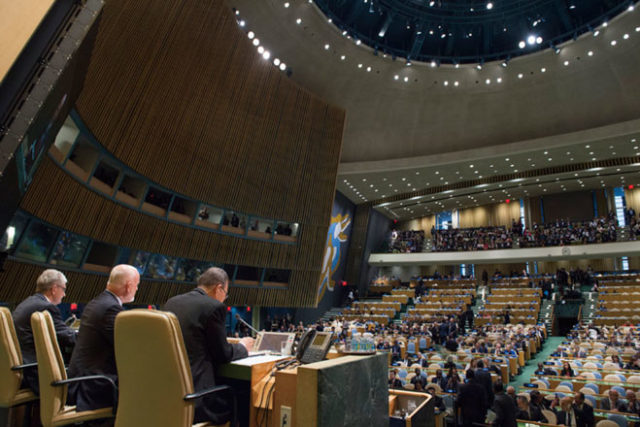
By The North American Post Staff
Last September, Renho Murata, a councilor in Japan known as “Renhō,” was grilled at bringing a charge of False Entries in the Original of Notarized Deeds. She had de facto both Japanese and Taiwanese nationality at that time but tried to turn in a document to register that she lost Taiwanese nationality. A Japanese man reported Renho to Tokyo District Public Prosecutors Office and this incident was uncovered.
With this affair, public opinions in Japan debated dual nationality, but it became clear that the Japanese people had little knowledge about it at the time. Still now, they do not face a lot of problems people with dual nationality have, although those people have difficulty with their identities or procedures with the legal system.
Article 14 of the Nationality Act provides that a Japanese citizen having a foreign nationality obtained prior to his/her becoming twenty years old shall select one of the nationalities, before his/her reaching the age of 22. Also, article 16 states that a Japanese citizen who makes the selection declaration shall endeavor to renounce his/her foreign nationality.
Renho turned in the choice of nationality, which meant that she officially selected Japanese Nationality in October.
Dual citizenship has been one of the core topics that Japanese abroad have been discussing and it has been included in the resolution declared at Convention of Nikkei and Japanese Abroad held in Japan in October.
Article 6 of the conference declaration requested the Japanese government take flexible measures and allow dual citizenship for those who wish to maintain nationality of the country of birth or country of residence.
But a local resident has been in trouble with a “hole” in the dual citizenship matter.
Life without Identification
A mother taking care of two children in Seattle was robbed of her identity last May. Born to an American father and a Japanese mother and having grown up in Japan, she selected U.S. citizenship and gave up her Japanese citizenship. The woman moved to Seattle a few years ago after residing in China for several years. With all of her identification stolen including financial support from the government, she has struggled with obtaining a new ID for the last several months.
“I got a letter that I should submit additional documents to prove my father lived in the United States from age 14 to the time I was born. Over two and a half months, I have waited for the result of the procedure for issuing the citizenship certification. Moreover, they pronounced that they would go back to the drawing board if they do not receive the application,” she said.
Life without identification is not easy at all. In the meantime, she cannot easily receive a mailed package from the post office if she misses a delivery at home. She cannot be refunded her $1,000 financial support from the government. The Police Card to prove the stolen damage has not been useful yet. Luckily, she signed a contract at her current apartment a week before the incident occurred.
As of December, the woman cannot find any good solutions while she consults lawyers and an organization supporting immigrants and refugees.
“I’m often treated like a dubious character because I can’t speak English fluently,” she said. “I’m facing the language obstacle.”
The United States recommends choosing one nationality but actually neither obligates nor has an effective support system yet. There are many people who are obligated to give up applications for government scholarships not only in Japan but also in the United States.
According to the United Nations, the number of immigrants and refugees has reached 244 million, which is the most since 1945. The population of immigrants in Washington is approximately 930,000, which is the 10th-largest immigrant population in the United States.
Last November, the City of Seattle declared it will keep reception of immigrants positive, and has hosted a workshop to help immigrants’ citizenship applications at North Seattle College attended by 325 local residents. The city will also held an event to provide free legal services and information for immigrant and refugee families on Jan. 20 at McCaw Hall.
In welcoming a global society, the community also needs to deal with problems that people with dual citizenship have been facing.







